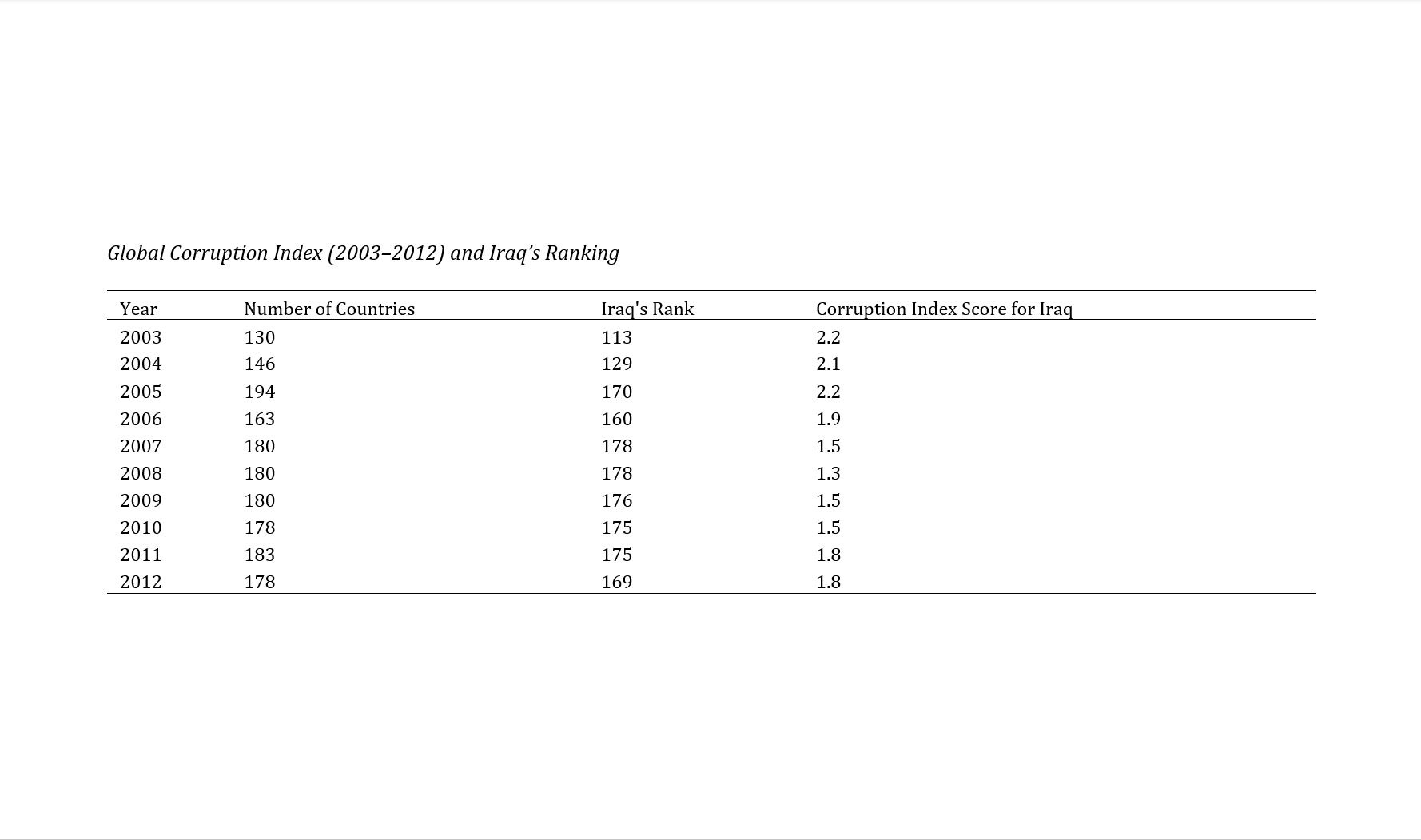Methods of Prevention and Combating the Crime of Abuse of Functional Influence with an Emphasis on the Legal System of Iraq
Abstract
Downloads
References
Al-Faris, A. b. A. M. (2008). Criminalization of Corruption in the United Nations Convention Master's Thesis, Naif University for Security Sciences, Department of Criminal Justice].
Al-Haidari, J. Explanation of the Penal Code: Special Section.
Al-Jayoush, A.-T. J. (2001). Fraud Crimes: Methods, Prevention, and Combatting.
Al-Kubaisi, A. (2005). Corruption and Globalization: An Incompatibility. Al-Jami' Modern Office.
Al-Shammari, B. (2019, March 15). Incident Leading to the Death of the Head of the Iraqi Integrity Commission.
Ali, B. A.-D. (1964). Crime Between Prevention, Control, and Treatment. National Criminal Journal(1).
Baham, D. (2011). Elements Causing Crises in the Iranian Judicial System.
Hamdi Abu Al-Nour Al-Sayed, O. (2015). Abuse of Official Influence and Ways to Combat It from an Islamic and Legal Perspective. Dar Al-Fikr Al-Jamii.
Hamdi Abu Al-Nour Al-Sayed, O. (2015). Exploiting the Functional Influence and Ways to Combat It from an Islamic and Legal Perspective. Dar Al-Fikr University.
Haroun, N. A. S. (1994). The Brief Lexicon. Ministry of Education Press.
Issam Abdel-Fattah, M. (2015). Administrative Corruption Crimes: A Legal, Analytical, and Comparative Study in International Conventions, Criminal Legislations, and Anti-Corruption Laws in Arab and Foreign Countries. Dar Al-Jami'a Al-Jadida.
Jaafar, A. M. (2003). The Disease of Crime: Politics, Prevention, and Treatment. University Institution for Studies, Publishing, and Distribution.
Kamal Al-Din, Y. (2008). Crimes of Bribery and Abuse of Power. Source of Knowledge Press.
Saqr, N. (2015). Mediator in Explaining Crimes Against Public Trust, Corruption, and Forgery. Dar Al-Huda.

Downloads
Additional Files
Published
Submitted
Revised
Accepted
Issue
Section
License
Copyright (c) 2025 Mazin Abd Ali Sulaiman Al Zuhairi (Author); Mahmood Ashrafy (Corresponding author); Jaber Hussein Ali Al-Tamimi, Masoud Heidari (Author)

This work is licensed under a Creative Commons Attribution-NonCommercial 4.0 International License.





